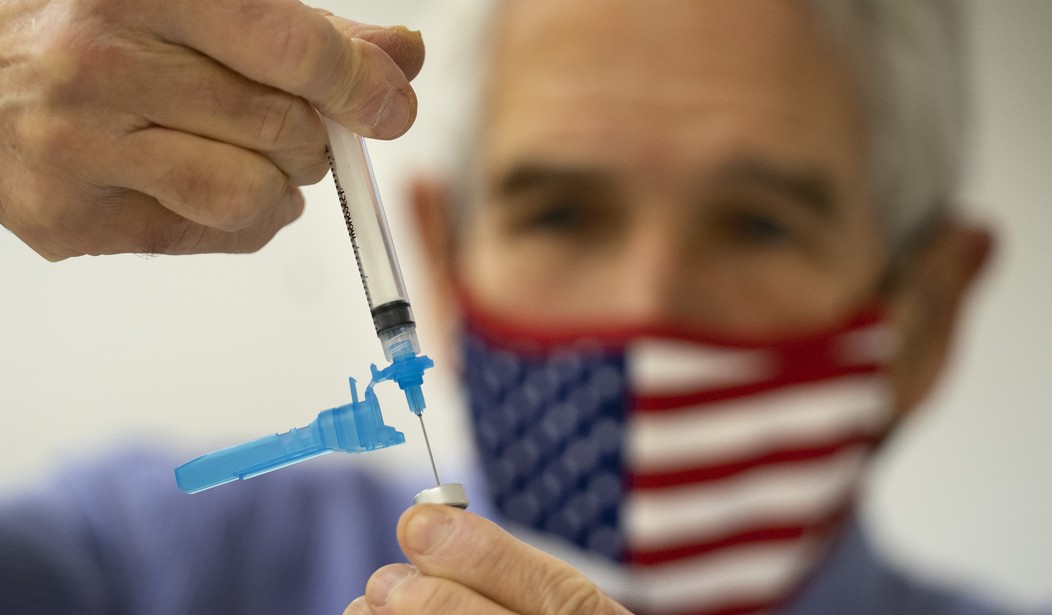A federal judge in New Jersey recently dismissed a lawsuit seeking to strike down the Inflation Reduction Act's program of price controls for prescription drugs dispensed through Medicare. It was the fifth suit of its kind to fail this year.
Democrats have cheered the IRA's price controls for supposedly making drugs more accessible to seniors. But they have an insidious downside. By slowing the pace of new drug innovation, price controls will seriously harm Americans with cancer now and in the future.
To make up for revenue lost due to price controls, drug manufacturers are reducing spending elsewhere, including on research and development. Just one in 10 drug candidates that enter clinical trials ever make it to market. Accounting for the cost of failures, it costs $2.6 billion, on average, to develop a single new medicine and get it approved for use.
Drug companies can only tolerate this level of risk because one successful medicine can make up for dozens of costly failures. But price controls disrupt this model. They interfere with companies' ability to recoup their investments, which discourages new research.
In the two-plus years since the IRA became law, 36 research programs have been canceled and at least 21 drugs discontinued. All told, the IRA could lead to 139 fewer new medicines over 10 years, according to research from the consultancy Vital Transformation.
These cuts are proving to be especially acute in oncology. Since the IRA passed, Eli Lilly has discontinued a trial for a blood-cancer therapy. Seagen canceled further research on whether its drug Padcev could help patients with early-stage bladder cancer.
The IRA changes the market incentives for drug companies in three ways.
The law splits medicines into two categories: small-molecule drugs and biologics. Small-molecule drugs can be subject to price controls nine years after they hit the market. Biologics get a 13-year grace period.
Recommended
That discrepancy incentivizes drug companies to prioritize investment in biologics over small-molecule therapies.
But small-molecule drugs account for more than two-thirds of all oncology drugs approved between 2001 and 2021. So the discrepancy has the effect of discouraging investment in a class of drugs that has proven particularly effective against cancer.
Further, it generally takes several years for a drug's sales to pick up -- and thus recoup, much less provide a return, on the billions of dollars spent developing it. An analysis of drugs launched in 2010 from the investment bank Jefferies found that roughly half of cumulative drug sales occurred after the ninth year on the market -- in other words, after price controls could kick in under the IRA.
The IRA's price controls will also deter post-approval research. It's common for a drug to be approved to treat one form of cancer, after which the company conducts additional research to see if it works against other forms. According to a recent study from the Drug Information Association, more than 65% of multi-indication cancer drugs that came to market between 2008 and 2018 were later found to have a new oncological use – such as against a new stage or type of cancer.
The IRA starts the clock on price controls as soon as a drug gets a green light from regulators. If a company discovers a new use for a small-molecule drug five years after approval, it doesn't get a reprieve. Its chances of facing price controls in four years may well go up, given that an additional indication ostensibly means additional sales -- and more scrutiny from Medicare's bean counters.
In fact, companies may decide to delay seeking approval until they know whether their drug candidate can serve multiple patient populations -- and can thus maximize sales in the nine- or 13-year window. Patients who could have benefited from early access to a promising drug may be stuck waiting.
The IRA's price controls may indeed save the federal government some money in the short term. But their long-term impact on medical research will be devastating. Treatments that could prevent suffering or death -- that could end cancer as we know it -- could go undiscovered, to the detriment of patients today and tomorrow.
Sally C. Pipes is President, CEO, and Thomas W. Smith Fellow in Health Care Policy at the Pacific Research Institute. Her latest book is False Premise, False Promise: The Disastrous Reality of Medicare for All (Encounter 2020). Follow her on X, formerly Twitter, @sallypipes.

























Join the conversation as a VIP Member